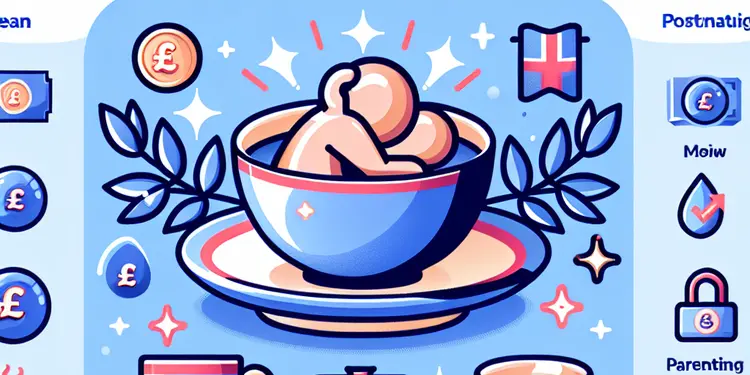
Find Help
More Items From Ergsy search
-
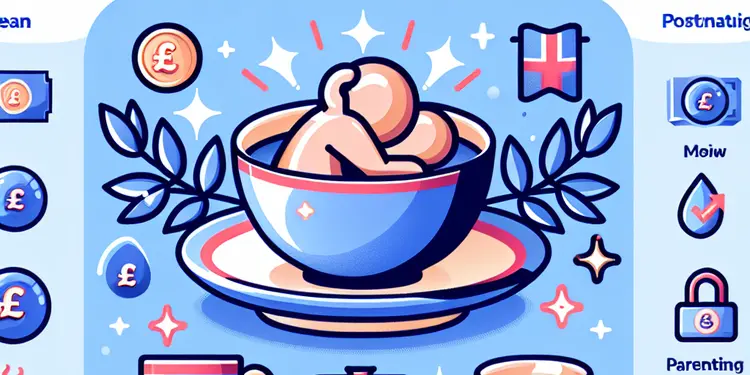
Are there support groups for postnatal depression?
Relevance: 100%
-
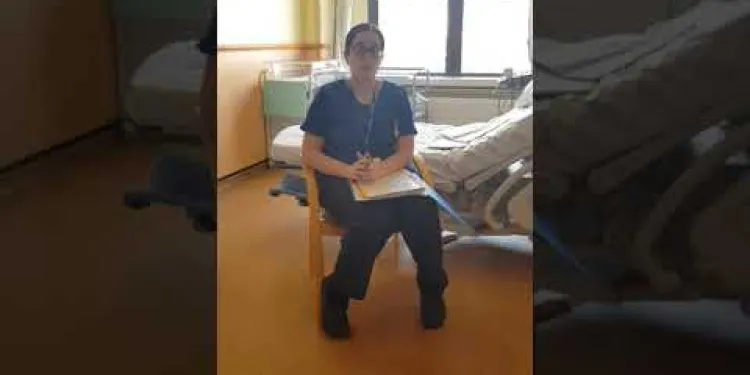
Postnatal Depression
Relevance: 76%
-
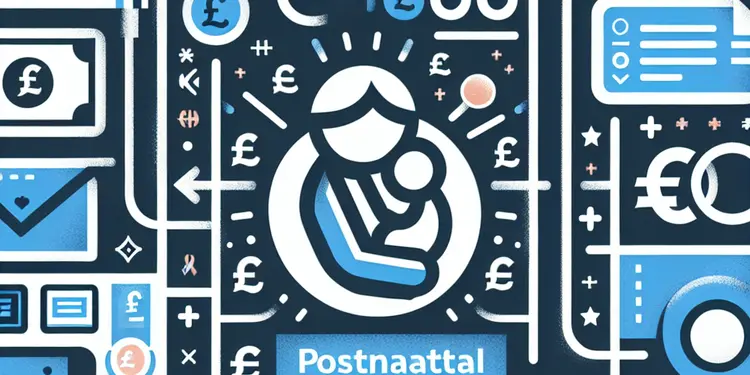
Is postnatal depression preventable?
Relevance: 73%
-
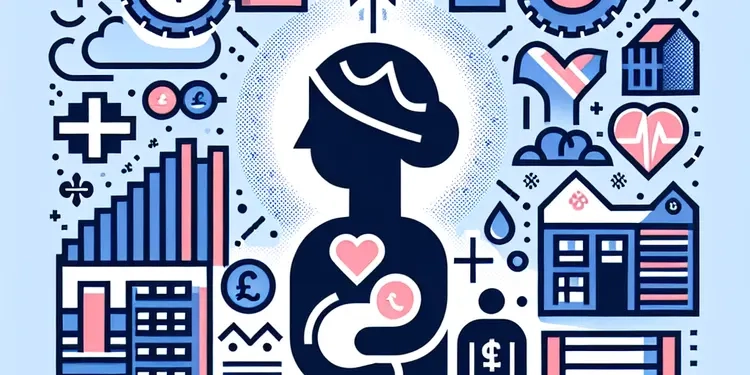
What is postnatal depression?
Relevance: 73%
-
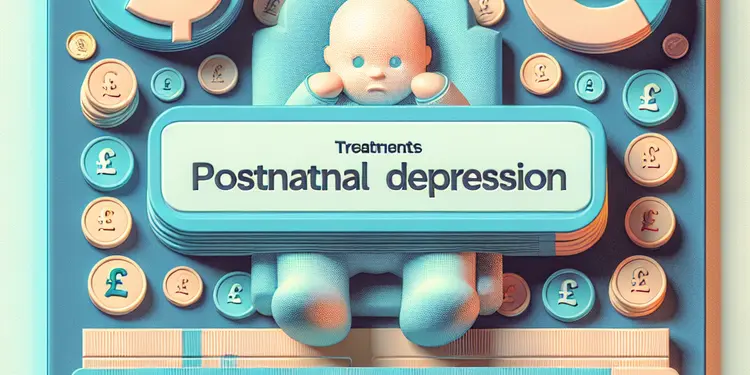
Are there treatments available for postnatal depression?
Relevance: 72%
-

Postnatal Depression - Leanne's Story
Relevance: 70%
-
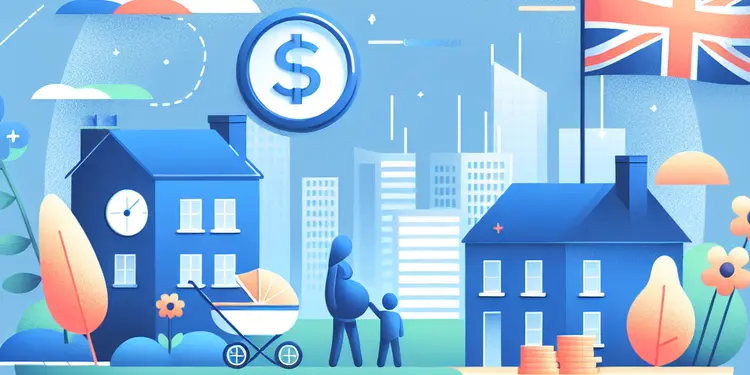
Is postnatal depression a long-term condition?
Relevance: 69%
-

Can fathers experience postnatal depression?
Relevance: 68%
-
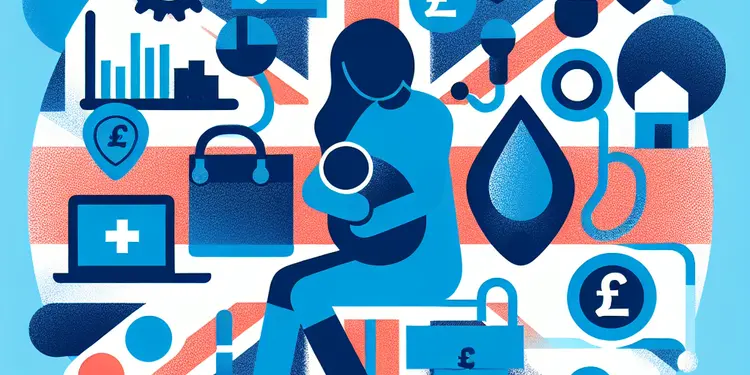
How is postnatal depression diagnosed?
Relevance: 68%
-
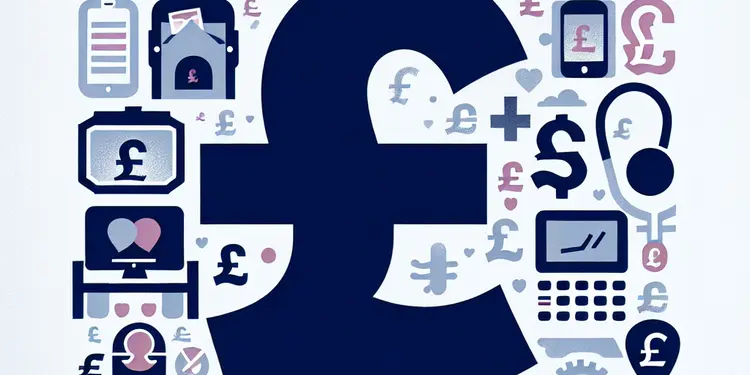
What should I do if I suspect I have postnatal depression?
Relevance: 67%
-
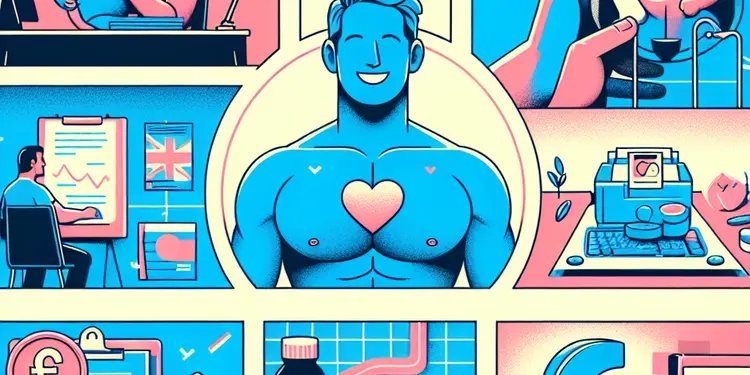
Is medication necessary for treating postnatal depression?
Relevance: 67%
-
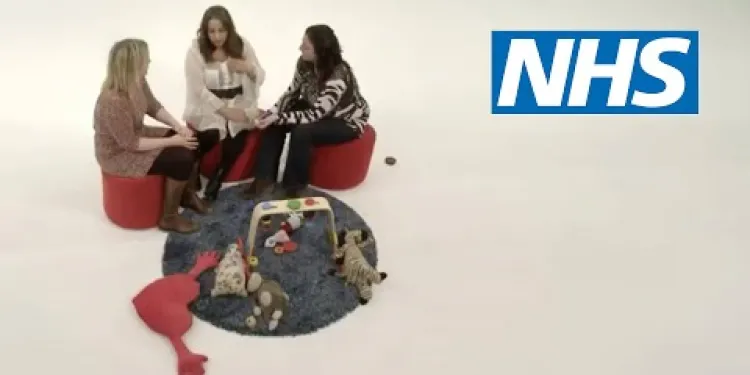
How do I know if I have postnatal depression? | NHS
Relevance: 67%
-
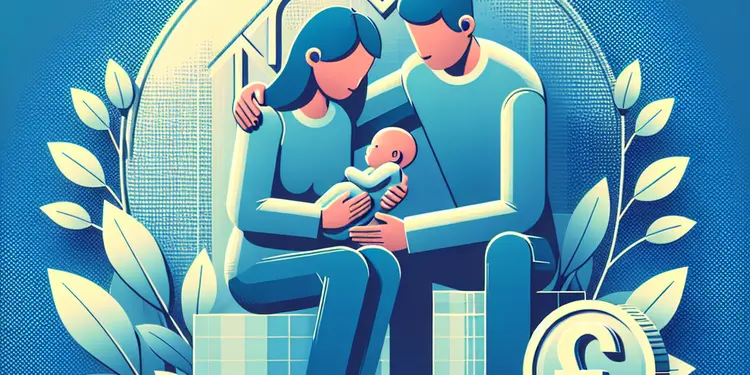
How can family members support someone with postnatal depression?
Relevance: 66%
-

What causes postnatal depression?
Relevance: 66%
-
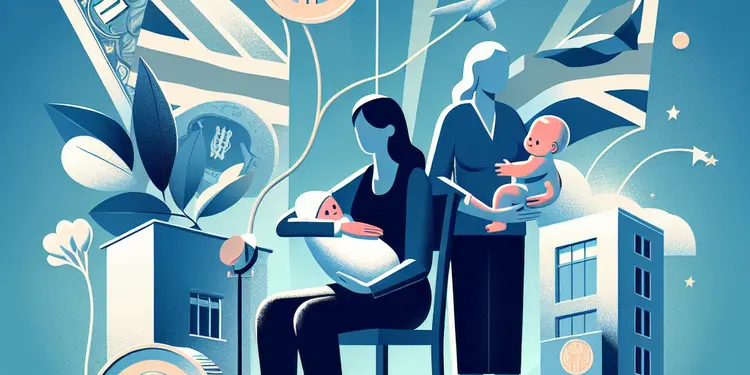
Can postnatal depression recur after treatment?
Relevance: 65%
-
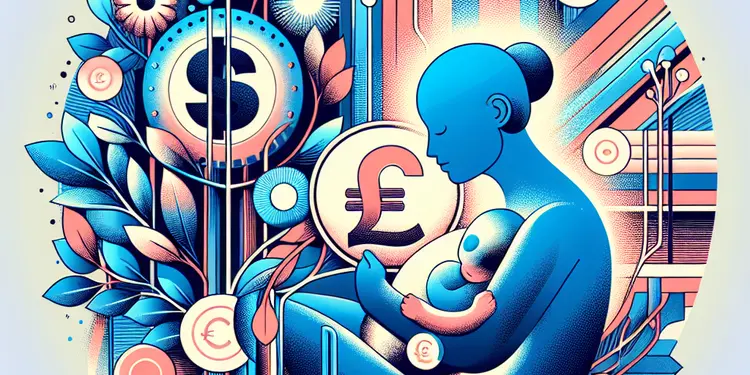
What are the symptoms of postnatal depression?
Relevance: 65%
-

Can lifestyle changes help with postnatal depression?
Relevance: 64%
-

Should someone with postnatal depression seek professional help?
Relevance: 64%
-

Can postnatal depression affect subsequent pregnancies?
Relevance: 64%
-
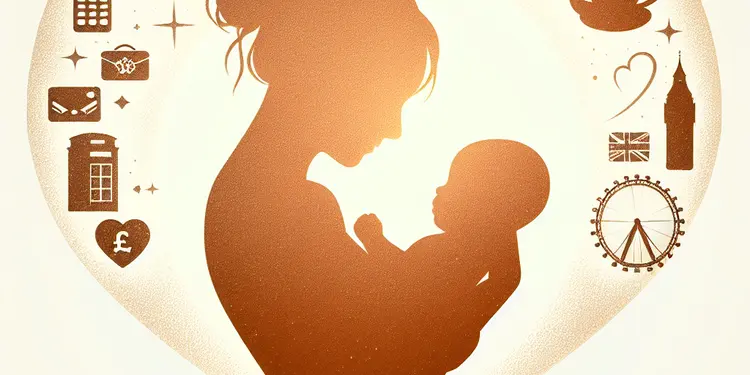
How does postnatal depression affect bonding with the baby?
Relevance: 62%
-
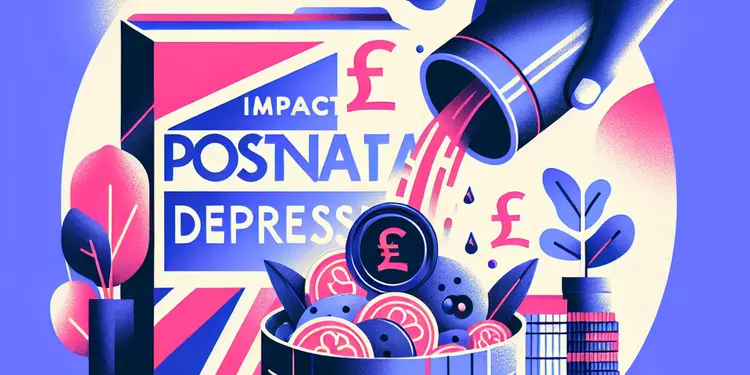
Can diet impact postnatal depression?
Relevance: 62%
-
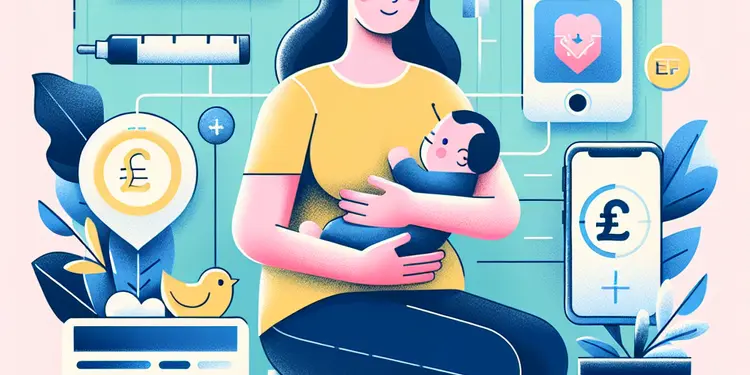
How is postnatal depression different from the 'baby blues'?
Relevance: 60%
-
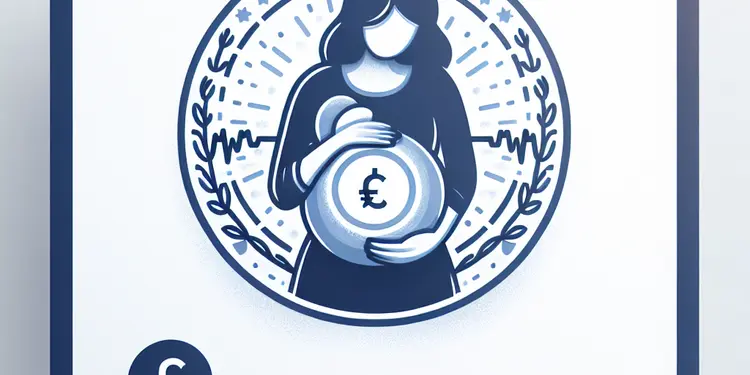
How soon after childbirth can postnatal depression occur?
Relevance: 42%
-
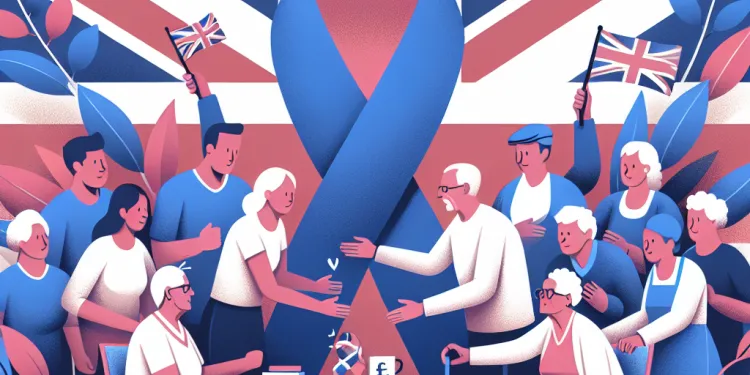
Are there any support groups for people with dementia in the UK?
Relevance: 36%
-

Treating anxiety and depression - www.slam.nhs.uk
Relevance: 35%
-

Are there support groups for those affected by testicular cancer?
Relevance: 35%
-

What are peer support groups for community helpers?
Relevance: 35%
-
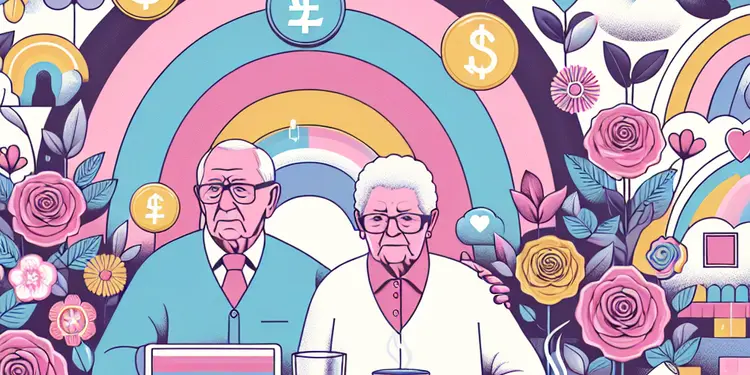
How can support groups benefit carers of Alzheimer's patients?
Relevance: 33%
-
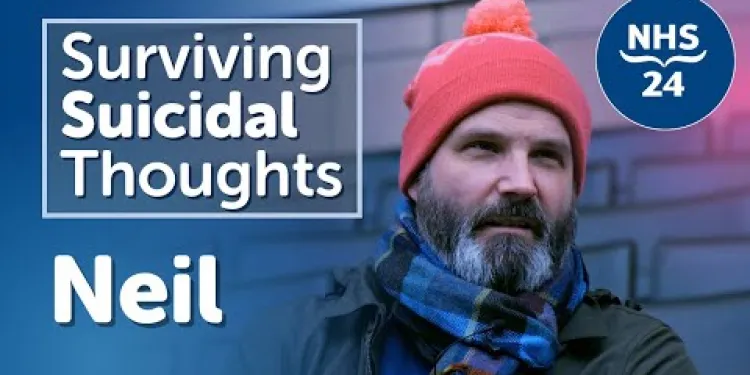
I couldn't celebrate Hibs beating Hearts because I was that depressed
Relevance: 32%
-
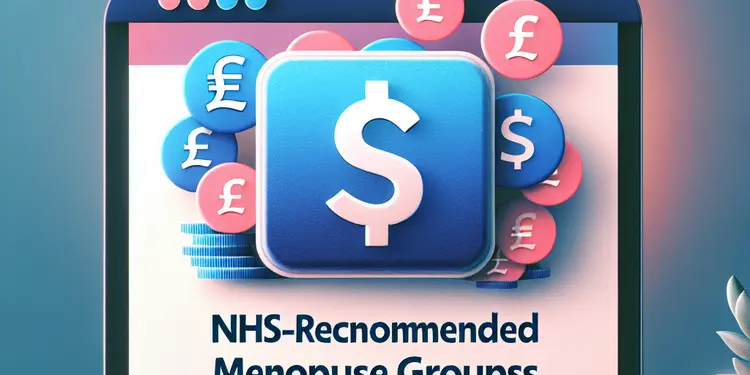
How can I find NHS-recommended menopause support groups online?
Relevance: 32%
-
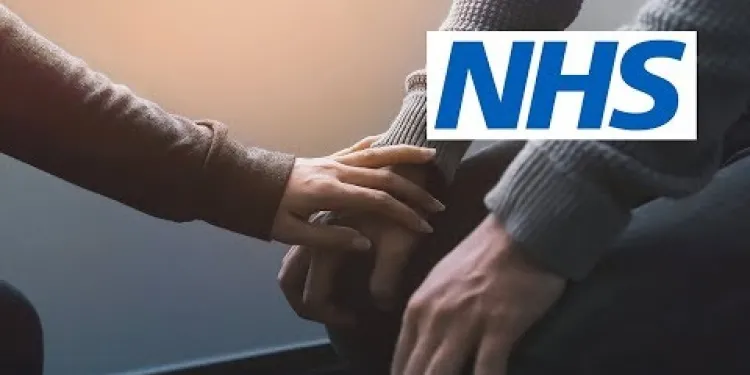
Clinical depression: Lawrence's story | NHS
Relevance: 31%
-
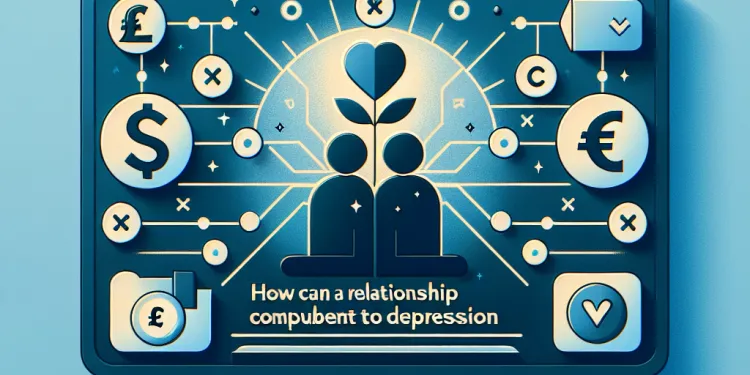
How can a relationship contribute to depression?
Relevance: 29%
-
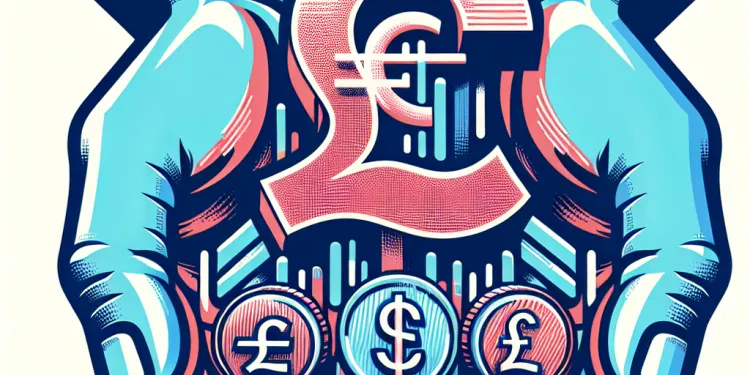
Are there any self-care strategies to cope with relationship-induced depression?
Relevance: 29%
-
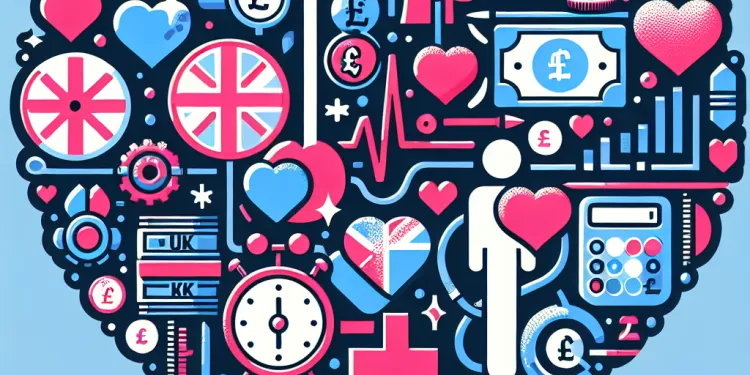
What are the signs that my relationship is making me depressed?
Relevance: 28%
-

Can physical symptoms be linked to relationship-induced depression?
Relevance: 28%
-

Mental Health Support Resources for Families
Relevance: 28%
-

What should I do if my partner dismisses my feelings of depression?
Relevance: 28%
-
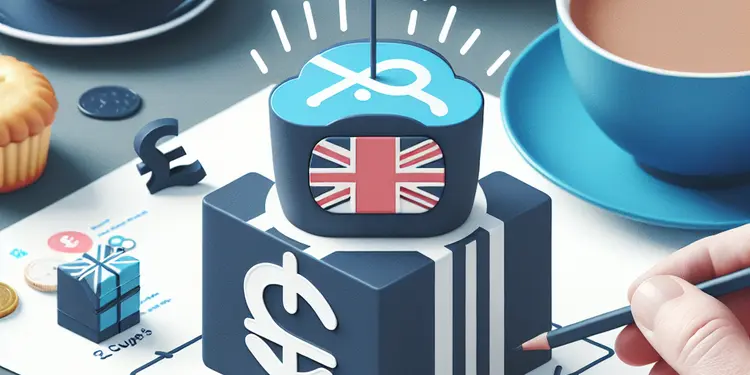
Are there support groups for individuals with motor neurone disease?
Relevance: 28%
-
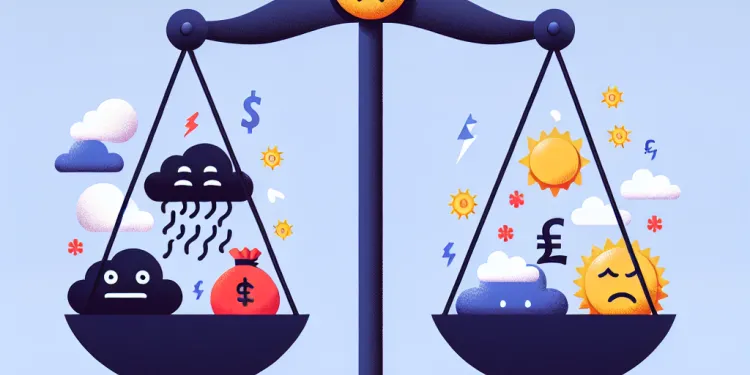
What role do unhealthy dynamics play in causing depression?
Relevance: 27%
-
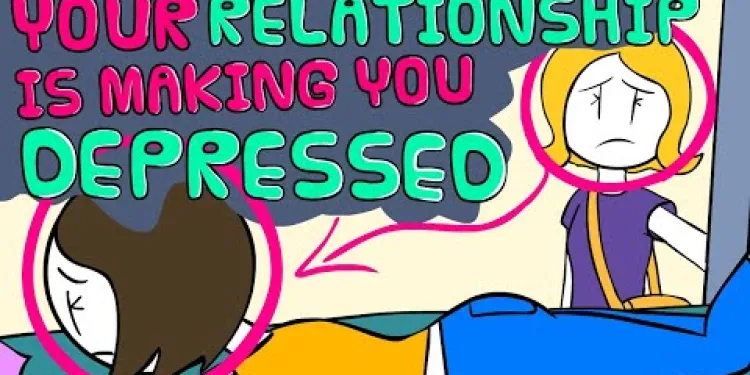
7 Signs Your Relationship is Making You Depressed
Relevance: 26%
Understanding Postnatal Depression
Postnatal depression, also known as postpartum depression, is a type of mood disorder that affects many parents after childbirth. It is characterized by feelings of sadness, low energy, anxiety, changes in sleeping or eating patterns, and difficulty bonding with the baby. In the UK, it's estimated that postnatal depression affects more than 1 in every 10 women within a year of giving birth and can also affect fathers and partners.
Importance of Support Groups
Support groups play a crucial role in helping individuals cope with postnatal depression. They provide a safe space where individuals can share their experiences, feelings, and challenges with others who are going through similar situations. Within these groups, participants can find emotional support, encouragement, and practical advice to help manage their symptoms and improve their wellbeing.
Types of Support Groups Available in the UK
In the UK, there are several types of support groups available for those experiencing postnatal depression. These include in-person meetings, online forums, hotline services, and hybrid models. Each type of support group caters to different needs and preferences, making it easier for parents to find the help that suits them best.
In-Person Support Groups
In-person support groups are often held at community centres, hospitals, or through local charities. These groups offer face-to-face interaction and can be an effective way to meet others who understand the challenges you're facing. Organizations such as the National Childbirth Trust (NCT), Mind, and local NHS services may offer such groups. Participation in regular meetings can foster a sense of community and reduce feelings of isolation.
Online Forums and Communities
For those unable or reluctant to attend in-person meetings, online forums and communities provide an accessible alternative. Websites such as Netmums, Mumsnet, and the PANDAS Foundation offer online discussion boards and chat rooms where individuals can connect, share experiences, and provide support to one another. These platforms are available 24/7, allowing parents to seek help at any time.
Hotline and Telephone Support
Hotline services offer immediate support and are particularly useful in crisis situations. The PANDAS Foundation operates a helpline that parents can call for immediate assistance and guidance. Additionally, services such as Samaritans provide 24-hour support for anyone in emotional distress, including those with postnatal depression.
How to Access Support
Accessing support for postnatal depression in the UK can often start with speaking to a healthcare professional, such as a GP or health visitor, who can provide referrals to local services. Additionally, researching online can yield information about both local and national support groups. It's important for anyone struggling with postnatal depression to reach out and seek help, as early intervention can significantly improve outcomes.
Conclusion
Postnatal depression is a common and serious condition that requires attention and care. Support groups in the UK offer valuable resources for affected individuals, providing community, advice, and a pathway to recovery. Whether through in-person meetings, online interactions, or telephone support, these groups play a vital role in helping parents navigate the challenges of postnatal depression.
Understanding Postnatal Depression
Postnatal depression is a type of sadness that affects many parents after having a baby. You might feel very sad, tired, worried, have trouble sleeping or eating, and find it hard to connect with your baby. In the UK, more than 1 in 10 mums feel this way in the first year after giving birth. Dads and partners can feel this too.
Importance of Support Groups
Support groups are places where people can go to feel better. You can talk about your feelings and problems with others who feel the same. In these groups, you can get help, advice, and feel less alone. This can help you feel better.
Types of Support Groups Available in the UK
In the UK, there are different kinds of support groups for postnatal depression. You can meet in person, join online forums, call hotlines, or use a mix of these. This way, you can choose what works best for you.
In-Person Support Groups
In-person groups meet at places like community centres, hospitals, or local charities. You can talk face-to-face with others who understand what you're going through. Groups like the National Childbirth Trust (NCT), Mind, and local NHS services offer these meetings. Going to regular meetings can help you feel connected and less lonely.
Online Forums and Communities
If you can't go to in-person meetings, you might like online forums. Websites like Netmums, Mumsnet, and the PANDAS Foundation have places where you can chat online anytime. You can share stories and support each other 24/7.
Hotline and Telephone Support
Hotlines are for getting help right away. You can call the PANDAS Foundation helpline for support and advice. Samaritans is another service you can call anytime if you feel upset or worried.
How to Access Support
To get help for postnatal depression in the UK, you can talk to your doctor or health visitor. They can tell you where to find help nearby. Looking online can also show you local and national groups. It's important to ask for help if you feel this way, as getting support early can make things better.
Conclusion
Postnatal depression is common and needs care. Support groups in the UK can help people feel better by offering community and advice. Whether you meet in person, online, or call someone, these groups can really help you with postnatal depression.
Frequently Asked Questions
What are support groups for postnatal depression?
Support groups for postnatal depression are gatherings where individuals experiencing similar challenges can share their experiences, emotions, and coping strategies in a safe environment.
How can I find a support group for postnatal depression?
You can find support groups through local hospitals, clinics, mental health organizations, online platforms, or referrals from healthcare professionals.
Are there online support groups for postnatal depression?
Yes, there are online support groups available where individuals can connect virtually to share experiences and offer support.
Who can join a postnatal depression support group?
Typically, these groups are open to mothers experiencing postnatal depression, but some also welcome partners and family members for support.
Are postnatal depression support groups confidential?
Yes, most support groups emphasize confidentiality to create a safe space for sharing personal experiences.
What should I expect at a postnatal depression support group?
Expect to participate in discussions, share experiences, listen to others, and possibly learn coping strategies and tips from group facilitators.
Do I need a referral to join a postnatal depression support group?
In most cases, a referral is not needed. You can join directly by contacting the group facilitator or organization hosting the group.
How often do postnatal depression support groups meet?
The frequency of meetings can vary but many groups meet weekly or bi-weekly.
Are there fees to join postnatal depression support groups?
Some groups may charge a small fee, while others are free. It's important to inquire with the group organizer about any costs involved.
What are the benefits of joining a postnatal depression support group?
Benefits include emotional support, understanding from others in similar situations, learning coping strategies, and reducing feelings of isolation.
Can partners attend postnatal depression support groups?
Some support groups allow partners to attend, which can provide them with better understanding and ways to support their loved one.
How large are postnatal depression support groups?
Group sizes can vary widely, but most groups aim to have a manageable number of participants to ensure everyone gets a chance to share.
What if I feel uncomfortable sharing in a support group?
It is okay to listen more than you speak. Most groups allow participants to engage at their own comfort levels.
Are there specialized support groups for certain demographics?
Yes, some groups focus on specific demographics such as single mothers, young parents, or those from certain cultural backgrounds.
Can I attend a support group if I haven't been formally diagnosed?
Yes, individuals experiencing symptoms of postnatal depression are welcome, regardless of a formal diagnosis.
What is the role of a facilitator in a support group for postnatal depression?
Facilitators guide the discussion, ensure a safe and respectful environment, and provide resources and support when needed.
How can support groups complement professional therapy?
Support groups provide peer support and community, which can enhance professional therapy by offering additional perspectives and strategies.
Are there support groups specifically for fathers experiencing postnatal depression?
Yes, some support groups cater to fathers who experience postnatal depression, though they may be less common.
How can I start my own support group for postnatal depression?
To start a support group, identify the need in your community, find a suitable location or online platform, seek resources or training for facilitation, and promote the group to potential members.
What if there are no support groups in my area?
If local options are unavailable, consider joining an online support group or consulting with healthcare providers for alternative support resources.
What are support groups for postnatal depression?
Support groups help new mums who feel sad after having a baby. These groups let mums talk and share their feelings. Being with others who feel the same can make it better. Talking and listening can help mums feel less alone.
Tips to help:
- Join a mum's group in your area.
- Talk to someone you trust.
- Use apps or websites for support.
You are not alone. Others can help you feel better.
Support groups for postnatal depression are meetings where people who feel the same way can talk. They share their feelings and how they deal with things in a safe place.
How can I find help for feeling sad after having a baby?
Here are some steps to find a support group:
- Ask your doctor or nurse. They can help you find a group.
- Look online for groups that help new parents.
- Talk to friends and family. They might know a group you can join.
- Visit your local community center or library. They may have information.
If you want more help:
- Use a computer or phone to search for "postnatal depression support near me."
- Look for apps or websites that help new parents feel better.
Talking to other parents who feel the same can help a lot. You are not alone.
You can find help groups in places like local hospitals, clinics, and mental health centers. You can also find them online or ask your doctor to recommend one.
Can I find help groups online for feeling sad after having a baby?
Yes, there are online groups where people can talk and help each other.
Who can join a postnatal depression support group?
People who had a baby and might feel sad can join a postnatal depression support group. The group helps moms who had a baby. Dads and partners can also join if they need help. Talking to others in the group can help you feel better.
You can use pictures and sounds to understand better. It's okay to ask questions.
These groups are for mums who feel sad or worried after having a baby. Some groups also let dads and family members join to help support the mums.
Do postnatal depression support groups keep things private?
Yes, most support groups keep things private. This helps people feel safe when they share their stories.
What happens at a postnatal depression support group?
A support group is a place where people come together to help each other.
At the group, you can meet other parents who feel the same way you do.
People talk about their feelings and share ideas to feel better.
You will see that you are not alone, and people understand you.
There might be a group leader who helps everyone talk.
You can ask questions and hear helpful tips from others.
If you feel nervous, that is okay. Everyone is there to help.
Drawing or writing about feelings can also help. You can try these at home.
Be ready to talk with others, share your stories, and listen to their stories too. You might learn new ways to handle things from the group leaders.
Do I need a doctor's note to join a group that helps with feeling sad after having a baby?
You usually don't need a referral. You can join by getting in touch with the person running the group or the place organizing it.
How often do postnatal depression support groups meet?
Support groups for new mums with depression usually meet every week or every month.
If you want to join, you can ask how often the group meets. You can also call or look online for more information.
It can help to talk to other mums who feel the same. You can use tools like calendars to remember when meetings are.
Groups might meet every week or every two weeks.
Do you have to pay money to join groups that help with feeling sad after having a baby?
Some groups might ask for a little money, but others are free. It’s a good idea to ask the group leader about any money you might need to pay.
Why is it good to join a group for new mums feeling sad?
Joining a group can help new mums who feel sad. In the group, you can: - Meet other mums who feel like you. - Share your feelings. - Learn how to feel better. - Make new friends. - Get advice from people who understand. Being with others can make you feel less alone. You can find help and support together.Good things about this are:
- You get support for your feelings.
- You meet others who understand you.
- You learn ways to feel better.
- You don’t feel so alone.
Can partners go to postnatal depression help groups?
Yes, partners can go to these groups. It is important for them to learn and help.
Here are some tips:
- Go with your partner to support her.
- Listen and learn about how she feels.
- Ask questions if you don't understand something.
- Use a notebook to write down important things.
Going together can make both of you feel better.
Some support groups let partners come too. This can help them understand better and find ways to help their loved one.
How big are groups that help with feeling sad after having a baby?
Group sizes can be different. Most groups try to have a number of people that is not too big. This way, everyone has a chance to talk and share their thoughts.
What if I feel uncomfortable sharing in a support group?
It is okay to feel shy or worried about talking in a group. Here are some things you can try:
- Listen first. You don't have to talk if you don't want to. Just listening can help.
- Write it down. You can write what you feel and share it if you feel ready.
- Talk to the leader. You can tell the person in charge how you feel. They can help you.
- Bring a friend. It might be easier if someone you know is with you.
Remember, you don’t have to share until you feel ready. It's okay to take your time.
It is okay to listen more than you talk. Most groups let you join in how you like.
Are there special support groups for certain people?
There are groups that help different types of people. These groups can make you feel better. They can help people with the same problems or needs as you.
Here are some things you can try:
- Look online for groups that match your needs.
- Ask a teacher or a helper person to show you where to find these groups.
- Go to a library or a community center. They might know about groups that can help you.
Yes, some groups help special people. These groups might help single mums, young parents, or people from certain cultures.
Can I go to a support group if a doctor hasn't told me I have the problem?
If a doctor hasn't told you that you have a certain problem, you can still go to a support group. A support group is a safe place where people share their feelings and help each other.
You can try talking to someone you trust about how you are feeling. This could be a family member or a friend. Sometimes, it also helps to write down your thoughts, so you can understand them better.
If you find reading hard, you can use audiobooks or ask someone to read together with you.
Yes, people who feel sad after having a baby can get help, even if a doctor has not said they have postnatal depression.
What does a helper do in a support group for parents who feel sad after having a baby?
A helper in a support group listens and cares for parents who feel sad after having a baby. They make everyone feel safe and welcome. Helpers start the talk and help everyone share their feelings.
Some tools that could help are:
- Pictures or drawings to show feelings.
- Using simple words to explain things.
- Games to help people feel calm and happy.
Facilitators help people talk. They make sure everyone is safe and kind to each other. They also help by giving tools and support when needed.
How do support groups help with therapy?
Support groups are meetings with people who have similar feelings or problems. They talk and help each other. This can make you feel better.
Support groups are not the same as seeing a doctor or a therapist. But they can help you when you see your doctor or therapist.
Here are some ways they can help:
- Feeling less alone: You meet people who understand you. This makes you feel not alone.
- Sharing ideas: People in the group can share tips that work for them.
- Feeling safe: You can talk about your feelings without being judged.
- Learning more: You can learn new things about yourself and your feelings.
Some tools that can help you join a group are:
- Ask your doctor or therapist to suggest a group.
- Look for groups at your local community center.
- Find online groups if you cannot meet in person.
Support groups and therapy work well together. They can help you feel better and stronger.
Support groups are a place where people help each other. They can feel like a community. Being in a support group can make your therapy better. You can learn new ways to handle things and see problems differently.
Is there help for dads who feel sad after their baby is born?
Dads can feel sad after a baby is born too, not just moms.
There are groups where dads can talk and get help.
These groups can make dads feel better and know they are not alone.
If you are a dad feeling this way, you can ask someone you trust or search online to find a group near you.
Yes, there are groups that help dads who feel sad or upset after a baby is born. These groups are not very common, but they do exist.
How can I start a group to help new mums with sadness after having a baby?
To start a help group:
1. Find out what people in your area need help with.
2. Choose a good place to meet, like a community center or an online chat room.
3. Get the right help and training to lead the group well.
4. Tell people about the group, so they can join.
You might find it useful to use voice-to-text apps or picture-based tools to help understand and share information.
What if there are no support groups where I live?
If you can’t find a support group nearby, don’t worry! There are other ways to get help:
- Online support groups: You can join groups on the internet. It’s easy and you can talk to people from home.
- Talk to a helper: You can talk to a teacher, counselor, or another grown-up you trust. They can give you advice.
- Look for phone helplines: There are numbers you can call when you need to talk to someone. They can listen and help you.
- Use helpful apps: Some apps on your phone can help you feel better and give you ideas on how to cope.
Remember, it’s okay to ask for help and find what works best for you!
If you can't find help close to you, try these ideas:
- Join a support group online. It's a place where you can talk to others.
- Talk to a doctor, nurse, or other healthcare helper. They can tell you other ways to get support.
Useful Links
This website offers general information and is not a substitute for professional advice.
Always seek guidance from qualified professionals.
If you have any medical concerns or need urgent help, contact a healthcare professional or emergency services immediately.
Some of this content was generated with AI assistance. We’ve done our best to keep it accurate, helpful, and human-friendly.
- Ergsy carfully checks the information in the videos we provide here.
- Videos shown by Youtube after a video has completed, have NOT been reviewed by ERGSY.
- To view, click the arrow in centre of video.
- Most of the videos you find here will have subtitles and/or closed captions available.
- You may need to turn these on, and choose your preferred language.
- Go to the video you'd like to watch.
- If closed captions (CC) are available, settings will be visible on the bottom right of the video player.
- To turn on Captions, click settings .
- To turn off Captions, click settings again.
More Items From Ergsy search
-

Are there support groups for postnatal depression?
Relevance: 100%
-

Postnatal Depression
Relevance: 76%
-

Is postnatal depression preventable?
Relevance: 73%
-

What is postnatal depression?
Relevance: 73%
-

Are there treatments available for postnatal depression?
Relevance: 72%
-

Postnatal Depression - Leanne's Story
Relevance: 70%
-

Is postnatal depression a long-term condition?
Relevance: 69%
-

Can fathers experience postnatal depression?
Relevance: 68%
-

How is postnatal depression diagnosed?
Relevance: 68%
-

What should I do if I suspect I have postnatal depression?
Relevance: 67%
-

Is medication necessary for treating postnatal depression?
Relevance: 67%
-

How do I know if I have postnatal depression? | NHS
Relevance: 67%
-

How can family members support someone with postnatal depression?
Relevance: 66%
-

What causes postnatal depression?
Relevance: 66%
-

Can postnatal depression recur after treatment?
Relevance: 65%
-

What are the symptoms of postnatal depression?
Relevance: 65%
-

Can lifestyle changes help with postnatal depression?
Relevance: 64%
-

Should someone with postnatal depression seek professional help?
Relevance: 64%
-

Can postnatal depression affect subsequent pregnancies?
Relevance: 64%
-

How does postnatal depression affect bonding with the baby?
Relevance: 62%
-

Can diet impact postnatal depression?
Relevance: 62%
-

How is postnatal depression different from the 'baby blues'?
Relevance: 60%
-

How soon after childbirth can postnatal depression occur?
Relevance: 42%
-

Are there any support groups for people with dementia in the UK?
Relevance: 36%
-

Treating anxiety and depression - www.slam.nhs.uk
Relevance: 35%
-

Are there support groups for those affected by testicular cancer?
Relevance: 35%
-

What are peer support groups for community helpers?
Relevance: 35%
-

How can support groups benefit carers of Alzheimer's patients?
Relevance: 33%
-

I couldn't celebrate Hibs beating Hearts because I was that depressed
Relevance: 32%
-

How can I find NHS-recommended menopause support groups online?
Relevance: 32%
-

Clinical depression: Lawrence's story | NHS
Relevance: 31%
-

How can a relationship contribute to depression?
Relevance: 29%
-

Are there any self-care strategies to cope with relationship-induced depression?
Relevance: 29%
-

What are the signs that my relationship is making me depressed?
Relevance: 28%
-

Can physical symptoms be linked to relationship-induced depression?
Relevance: 28%
-

Mental Health Support Resources for Families
Relevance: 28%
-

What should I do if my partner dismisses my feelings of depression?
Relevance: 28%
-

Are there support groups for individuals with motor neurone disease?
Relevance: 28%
-

What role do unhealthy dynamics play in causing depression?
Relevance: 27%
-

7 Signs Your Relationship is Making You Depressed
Relevance: 26%


